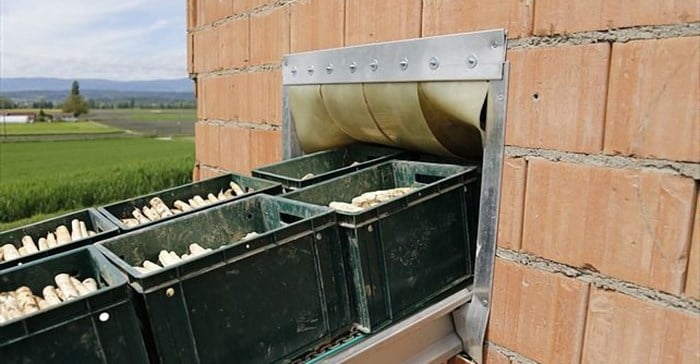






Postharvest pathology researchers from across academic spheres around the globe, will share their scientific research, develop new collaborations and strengthen existing networks during the fourth International Postharvest Pathology Symposium taking place at the Kruger National Park, Skukuza Camp.
The moment a crop is harvested i.e. removed from the ground, or separated from its parent plant, it begins to deteriorate. Pathology is the study of diseases and the changes that they cause. In agriculture, postharvest handling refers to the period immediately following harvest – from farm to fork – including cooling, cleaning, sorting, packing and ultimately, the food that ends up on supermarket shelves and then our plates. Postharvest pathology refers to the studying of diseases and deterioration affecting crops and foods after harvesting.
The symposium, taking place from 28 May to 3 June 2017, is an initiative of the International Society for Horticultural Sciences and the International Society for Plant Pathology. The event is also co-hosted by the DST-NRF Centre of Excellence in Food Security (CoE). This is the first time that this prestige symposium will be hosted in South Africa. Representatives from 23 countries will participate in this high-level event, including 25 postgraduate students.
“The aim of the symposium is to bring many new young scientists particularly from African universities, to engage with and learn from experienced colleagues through exchanging knowledge and ideas on postharvest pathology,” says Korsten. “We believe the exposure will encourage novel technology development, innovation and creative concepts in postharvest technology,” she adds.
To address the global challenges related to postharvest pathology, the symposium is organised around the following key themes These themes will be tackled through plenary and keynote presentations delivered by local and global experts:
• The climate is changing, so must postharvest pathology
• Intellectual property rights and novel technologies
• Next generation postharvest pathology from transcriptomics to metabolomics
• Elucidation of host-pathogen interactions
• Nanotechnology and biosensors for real- time postharvest solutions
• The microbiome in postharvest pathology
• Postharvest food safety for food security
• Chemical and alternative postharvest disease control
• Industry and government perspective and needs